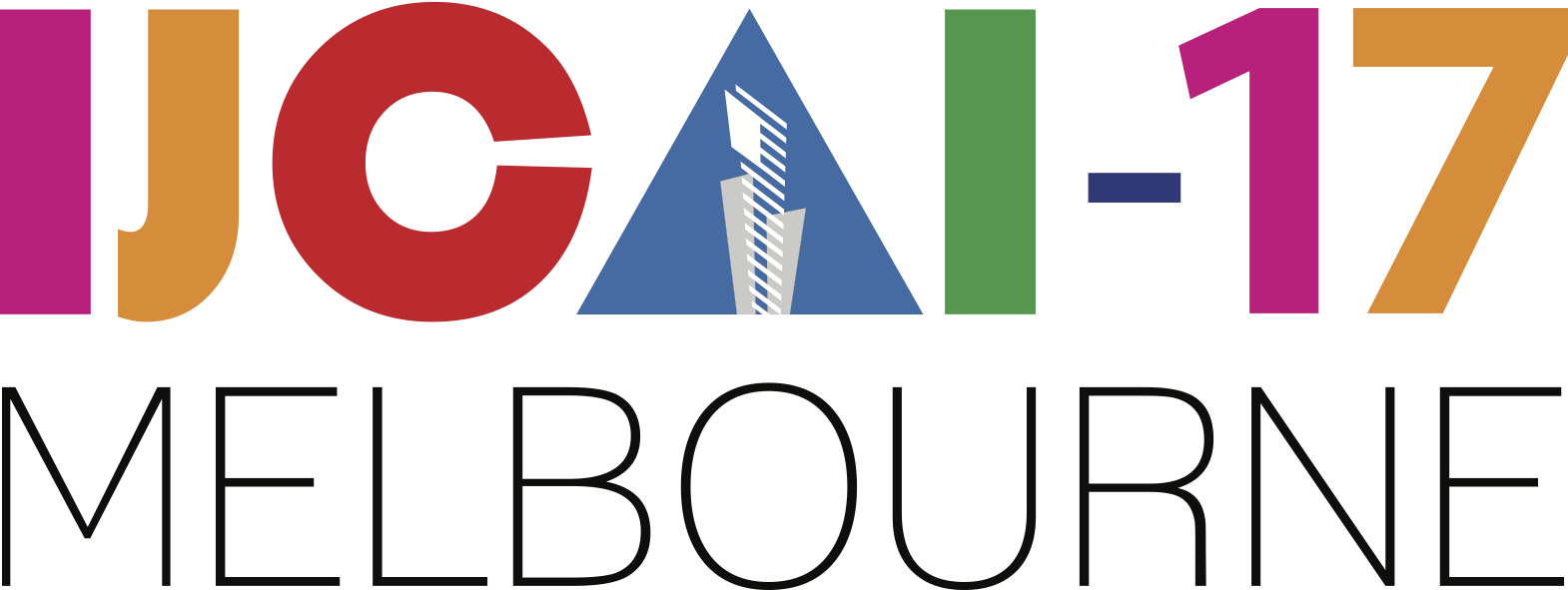Efficient, Safe, and Probably Approximately Complete Learning of Action Models
Efficient, Safe, and Probably Approximately Complete Learning of Action Models
Roni Stern, Brendan Juba
Proceedings of the Twenty-Sixth International Joint Conference on Artificial Intelligence
Main track. Pages 4405-4411.
https://doi.org/10.24963/ijcai.2017/615
In this paper we explore the theoretical boundaries of planning in a setting where no model of the agent's actions is given. Instead of an action model, a set of successfully executed plans are given and the task is to generate a plan that is safe, i.e., guaranteed to achieve the goal without failing.
To this end, we show how to learn a conservative model of the world
in which actions are guaranteed to be applicable.
This conservative model is then given to an off-the-shelf classical planner,
resulting in a plan that is guaranteed to achieve the goal.
However, this reduction from a model-free planning to a
model-based planning is not complete: in some cases
a plan will not be found even when such exists.
We analyze the relation between the number of observed plans
and the likelihood that our conservative approach will indeed fail to solve a solvable problem. Our analysis show that the number of trajectories needed scales gracefully.
Keywords:
Planning and Scheduling: Theoretical Foundations of Planning
Planning and Scheduling: Planning with Incomplete information
Planning and Scheduling: Conformant/Contingent planning

